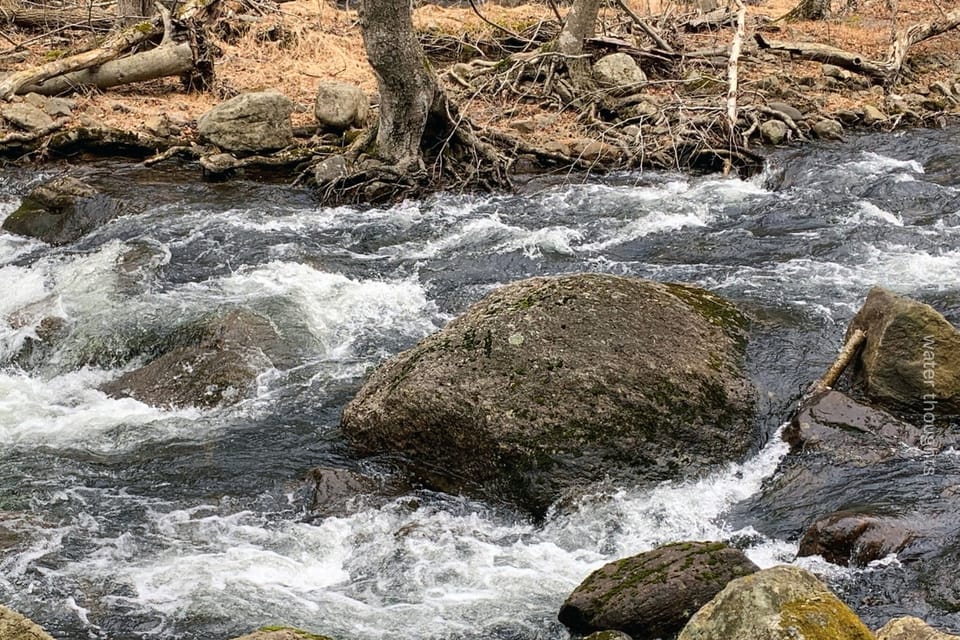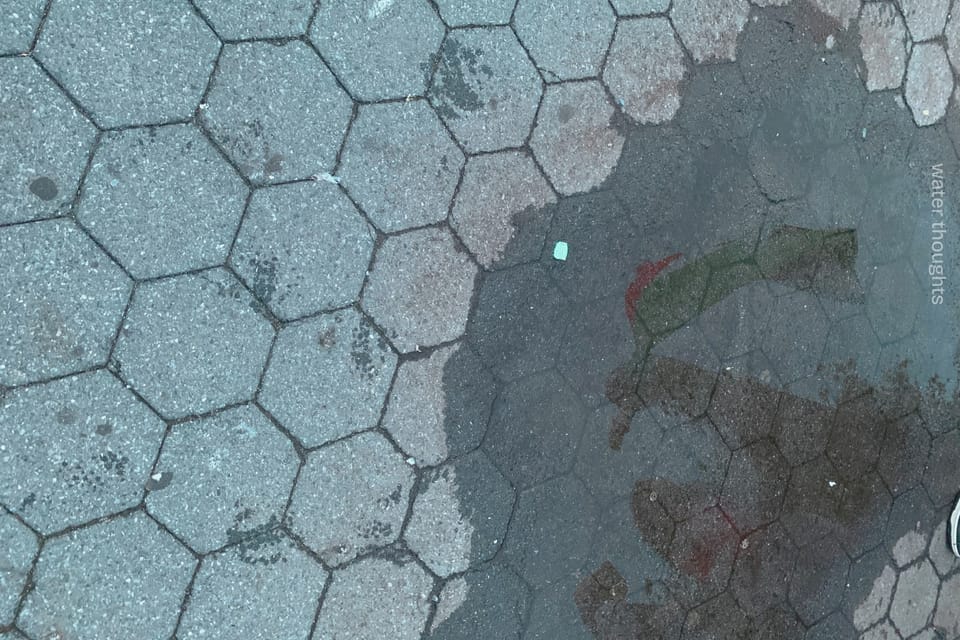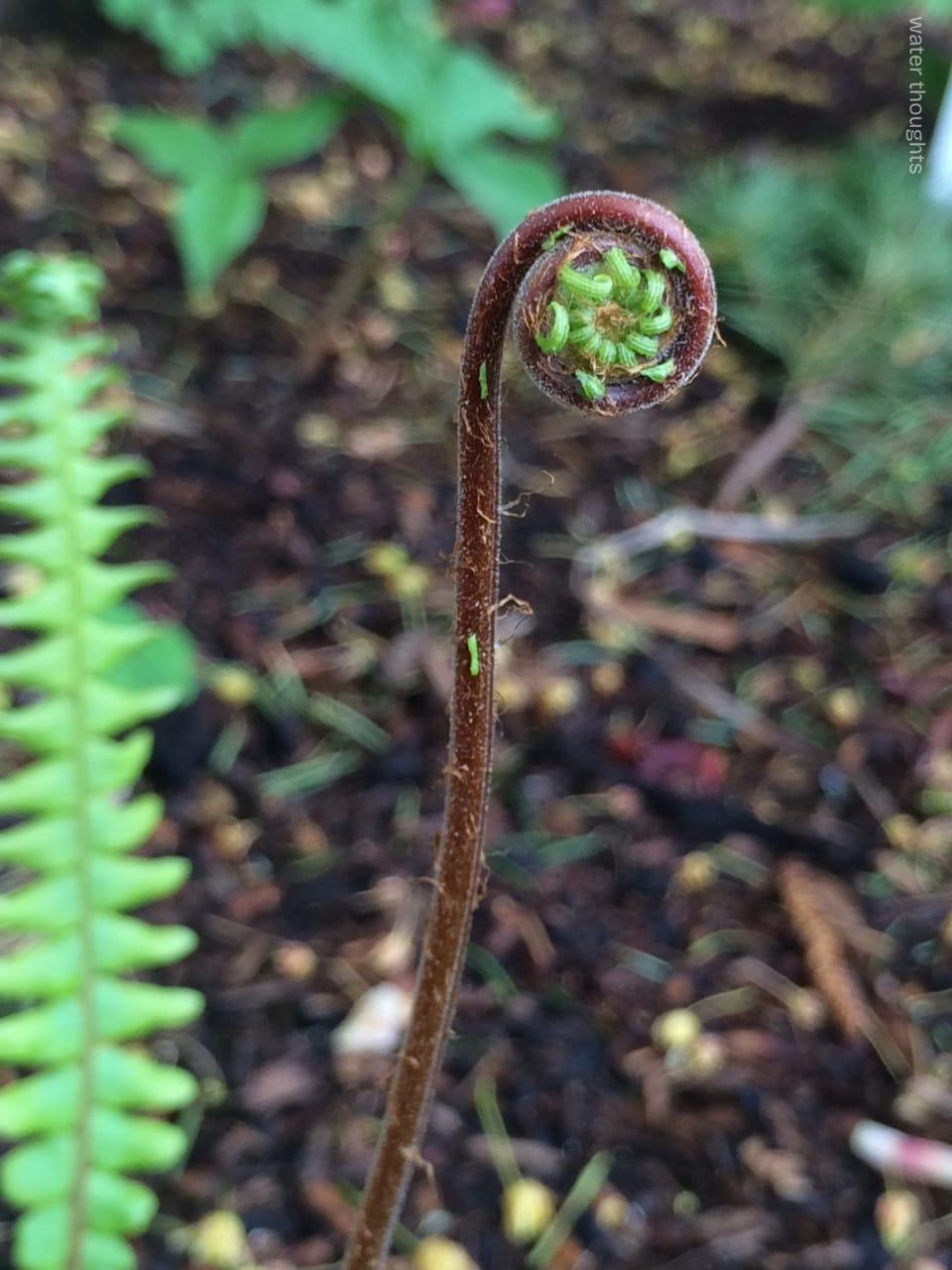distracting thoughts, and white disbelief about white violence
distracting thoughts, and what histories they might enable us to reflect on that the state and its allies have attempted to silence with propaganda
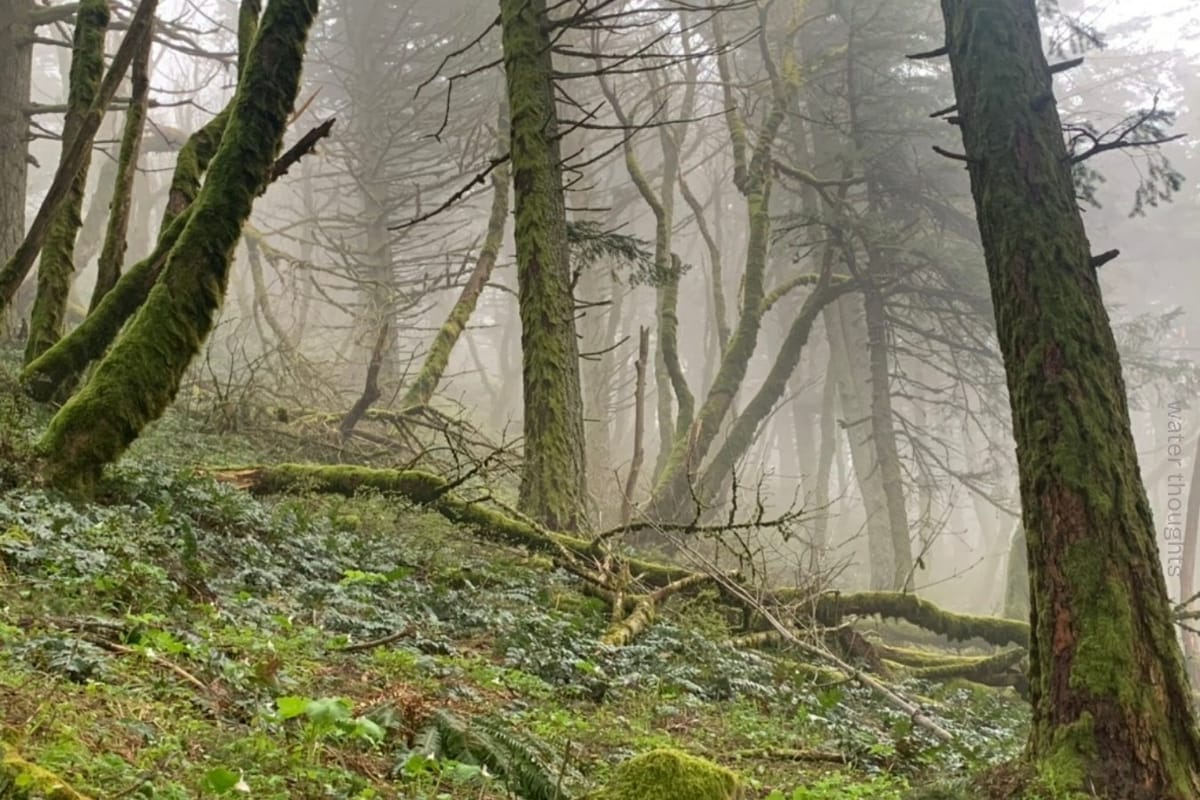
Most of this section was written nearly a month ago, with tenses updated to reflect distance in time, and attempts to improve transition that had previously been empty spaces. I will still try to keep empty spaces, but maybe differently.
The previous posts that are most closely related are "hello again,"

and "writing about monsters when you don't have the words."
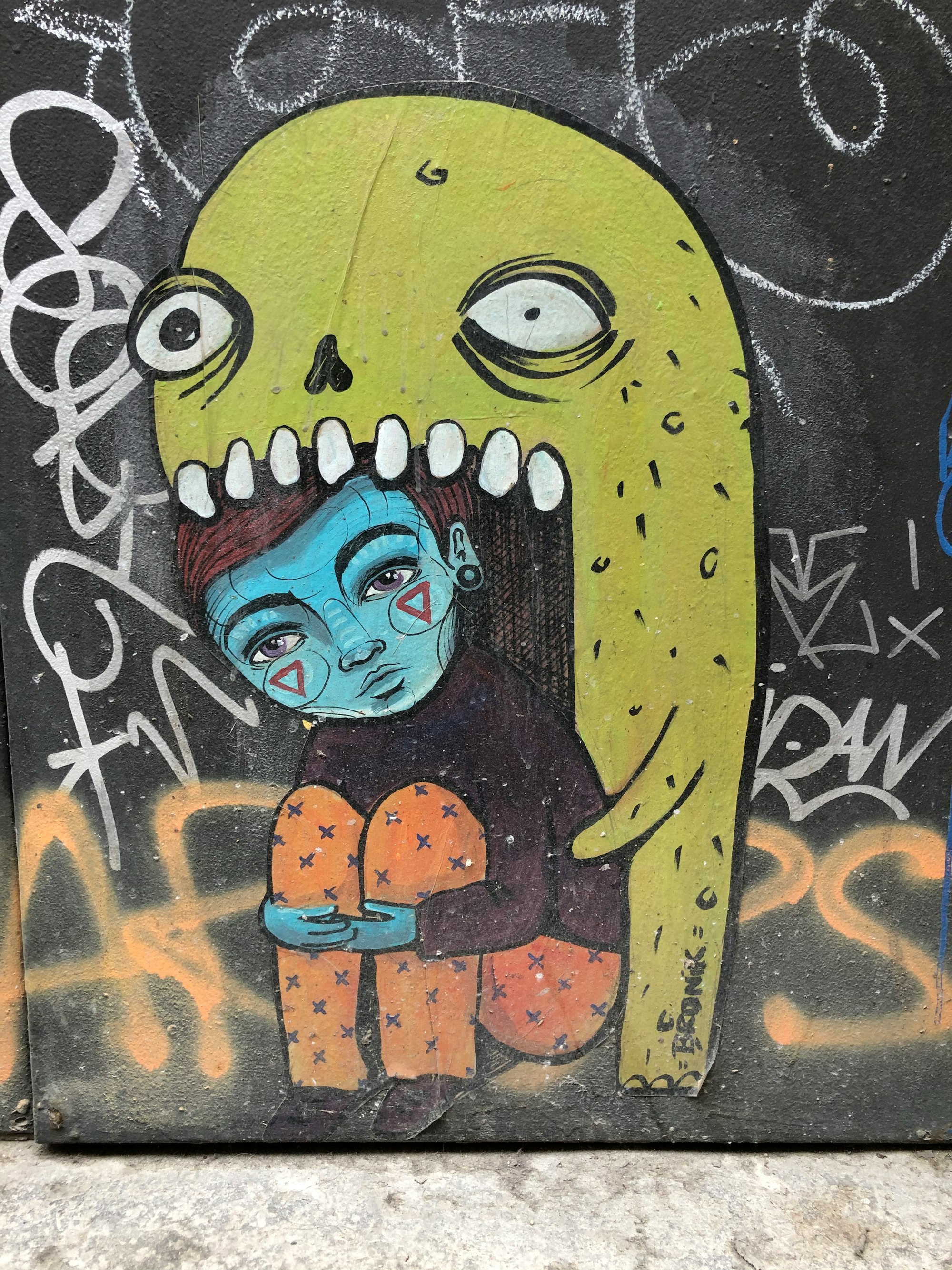
when I wanted to write about water
In "hello again," I shared this thought, which is relevant to this post,
I wonder, though, is distraction maybe what helps some of us to see what has been invisibilized by people who regularly dehumanize our loved ones through words, policies, laws, and rulings?
At the time, I was thinking about eddies, and how my anxiety is part of the turbulence. And then about how water drips into my thoughts.
And then I was thinking about who has access to water and who doesn’t, and I thought a lot about that, and the roles of water, and kept writing, and seeding ideas, and writing, and reading.
When I was writing about water, it wasn't done in isolation, I was trying to explain an intention behind a project. This is now in a post published after this post, "water, and ways it is used to obstruct the flow of life." And really, what do you do when it’s difficult to summarize?
For me, experiment, imagine, try.
From the outside, most of my disabilities are invisible. What has been part of a recent possible cognitive change has meant that it became possible for me to host a reading challenge on Storygraph, something I had wanted to be able to do this year, but previously couldn’t identify how for me, in a deeply ableist world.
It was late and I was wandering. I was starting to think about Nnedi Okorafor’s Noor, a book I appreciated when I read it in early 2023. I spent years doing what I called “putting myself back together” every night, for a variety of reasons and/or ways I’ll try to share about in future posts. After almost everything, late at night, listening to an audiobook—repair, reconstruction, healing, and chances to recover functionality unexpectedly.
errp!!
Reconstruction! Chances to recover, to repair. To heal.
Reparations. Reports.
I became fully distracted and began thinking about another book that I continue to recommend, I Saw Death Coming: A History of Terror and Survival in the War against Reconstruction by Kidada E. Williams. In what has been a repeating pattern of white disbelief about either state violence or violence directly or indirectly supported by the state, against Black and and indigenous communities across centuries, Kidada E. Williams writes of Black Reconstruction violence, "White disbelief encouraged what became the genocidal-like nature of Reconstruction violence." [1]
Williams continues,
Contrary to popular myths about this violence being impulsive and spontaneous, it was intentional. No tactic in the white southern war on freedom was more calculated and staged than the phenomenon of night riding.... Black Reconstruction didn’t “fail,” as so many are taught. White southerners overthrew it, and the rest of the nation let them. [2] (emphasis mine)
This part of the passage is the one I want so many more people to understand, and I'm thinking about so many things that I'll try to share eventually:
Black Reconstruction didn’t “fail,” as so many are taught. White southerners overthrew it, and the rest of the nation let them. —Kidada E. Williams
What the propaganda says, what really happened, and what has never been addressed. Williams continues,
African Americans’ bravery in reporting attacks they experienced or observed—to law enforcement, elected officials, Freedmen’s Bureau agents—and in testifying before Congress is why we know so much more about the details of night riding than we do about earlier reprisal killings and the assassinations of voters and officials. The report from the congressional investigation into night riding, and WPA interviews with former slaves who lived through Reconstruction, reveal how calculated the shadow army’s strategies were, as well as their numerous motivations and methods. [3]
Kidada E. Williams makes clear what the problem continues to be,
At the congressional hearings, lawmakers and the public encountered irrefutable evidence of atrocity and southern disorder, and the social and political aims of Reconstruction were in danger. […] But not enough white Americans believed Black people’s and their white allies’ accounts of violence or assumed a responsibility to do anything about it. [4] (my emphasis)
reading in parallel, and to emotionally balance
When I originally wrote this, which was over a long night, I realized that when I read Noor, it had coincided with reading I Saw Death Coming. This is an emotionally difficult book. Please read the content warnings. In general, I tend to read fiction alongside nonfiction. As the late Palestinian poet and writer Refaat Alareer shared, “stories bring us back our humanity.” For me, when I had less capacity for processing or emotional regulation, many stories, especially Afrofuturism and Africanfuturism, helped me be able to read about events in Black history for which there has not been accountability, for which they are not isolated events but part of a continuum, for which my words will continue to be insufficient, and my brain still holds so much more without words, and there are words from so many that I will try to share, and try to do what I can.
The book I was intentionally reading in parallel with I Saw Death Coming was Slavery’s Exiles by Sylviane A. Diouf, about American maroons, which I’ll share about in another post.
To this day, around the world, Black people continue to flee from violence. How the US (mis)handled the reports of night raids, the atrocities committed against Black families in parts of the South, who was involved in the night raids, and the lack of accountability and/or reparations, continues to demonstrate to others in the world how to conduct violence against people who are Black, Indigenous, and/or part of the global majority with impunity, and not only impunity, but congratulations from the highest levels of government. It continues to be sickening and heartbreaking.
Since I originally wrote this, as fascism and white nationalism deepen in the US presidency, together with xenophobia, targeting and deportations, and so much more that is related to the abuse of power and who it hurts, and I think this is still so important to learn about. It is Black History Month, every month is Black History Month, please read about Black History, both nonfiction and all types of fiction.
when books change the direction of flow
I think it is on all of us to uphold these histories, to guard and protect them, to share them, so that the victims are not silenced, that accountability may come one day in ways we still cannot imagine.
As Lola Olufemi shared in Experiments in Imagining Otherwise,
The structural limits of this world restrict our ability to articulate all that the imagination is capable of conceiving. Do not forget this. [5]
This idea, as well as the structure, or periodic absence of structure, and I'm still not describing what my mind absorbed, of Lola Olufemi’s book, helped me believe that I could be a different way, that I could create a reading challenge in a way that worked for me, that I could try to approach writing in this space, to practice writing, and sharing, however I might find a way to do so.
To me, few things are linear, and all feel connected. Or, as I shared earlier, and repeat here, is distraction maybe what helps some of us to see what has been invisibilized by people who regularly dehumanize our loved ones through words, policies, laws, and rulings? And not only to see, but to do whatever we might be able to do at any given time to change the situation.
For me, for several years, once I was able to read again, and to process information better, reading is one part of what I could do. But not very often to share about it, except sometimes when I could write a review on Storygraph, or share on social media. So that is partly what helps me now, that I might finally be able to share more about what I read, in a way that works for me.
The reading challenge (Read, Seed, Water, Feed) was developed as one that I would want to join, that resonated with my own reading and approach to reading. So as I begin to share from my reading, I think it will naturally support the reading challenge, even if I'm not posting specifically for it.
on disability, passage of time, imagination, and invention
At the time that I originally wrote this post, I hadn't yet published the reading challenge. I was grateful to have almost completed setting it up, and to have been able to write, describe and try to be brief, which is usually difficult for me, and still time-consuming, though becoming slowly less so.
I try hard not to center myself, and I think also it's important to have transparency so that there is a better understanding of the range of disabilities. I wrote a sentence above, that allowed me to continue writing, and then I'm moving it here, as an example. The temporary version of the sentence had been, "My fatigue takes my words, but really do we need my words when Kidada E. Williams makes clear what the problem continues to be." I’m still learning, and I think the part “really do we need my words” is one thing that might still have been appropriate. As I’m still working on writing more briefly, this will always be a layer underneath it for me.
I had another sentence that helped me focus when I needed to, that I almost forgot to take out. It followed Williams' quote about white disbelief encouraging (enabling) "what became the genocidal-like nature of Reconstruction violence." For me, it is impossible to re-read the passage and not reflect on how white disbelief continues to enable genocides. At the time, I wrote, "I want to add so much more, but mostly I need to fix, edit, remove a long list of quotes into something more readable. Let's go..." I've moved it here (and removed most of the remaining quotes for now), as another example of things I'm finding that are helping me to write and edit.
There’s an inflexibility in the world that needs to become more flexible. Stretching and softening, releasing and breaking, to grow again.
My hope is that writing here will help me, here and in other spaces, and that in helping myself I might also help others.
I’ll end with this passage, which also helped me, and each day since writing this post, it feels like it becomes more relevant, from Lola Olufemi’s Experiments in Imagining Otherwise:
So, if some historian can declare, ‘these were the motives of human civilisation between [X] year and [X] year', or, ‘language begins here', or, ‘here are the three main causes of WORLD WAR ONE', then I can try my hand at invention too. [6]
books
At the end of each post, I will share books I referenced and recommend unless the post itself already contains recommendations with book covers or the book is not part of recommendations, but was related to a quote or passage I shared. Some books, I will touch on again, but in case that doesn't happen, I will try to include each.
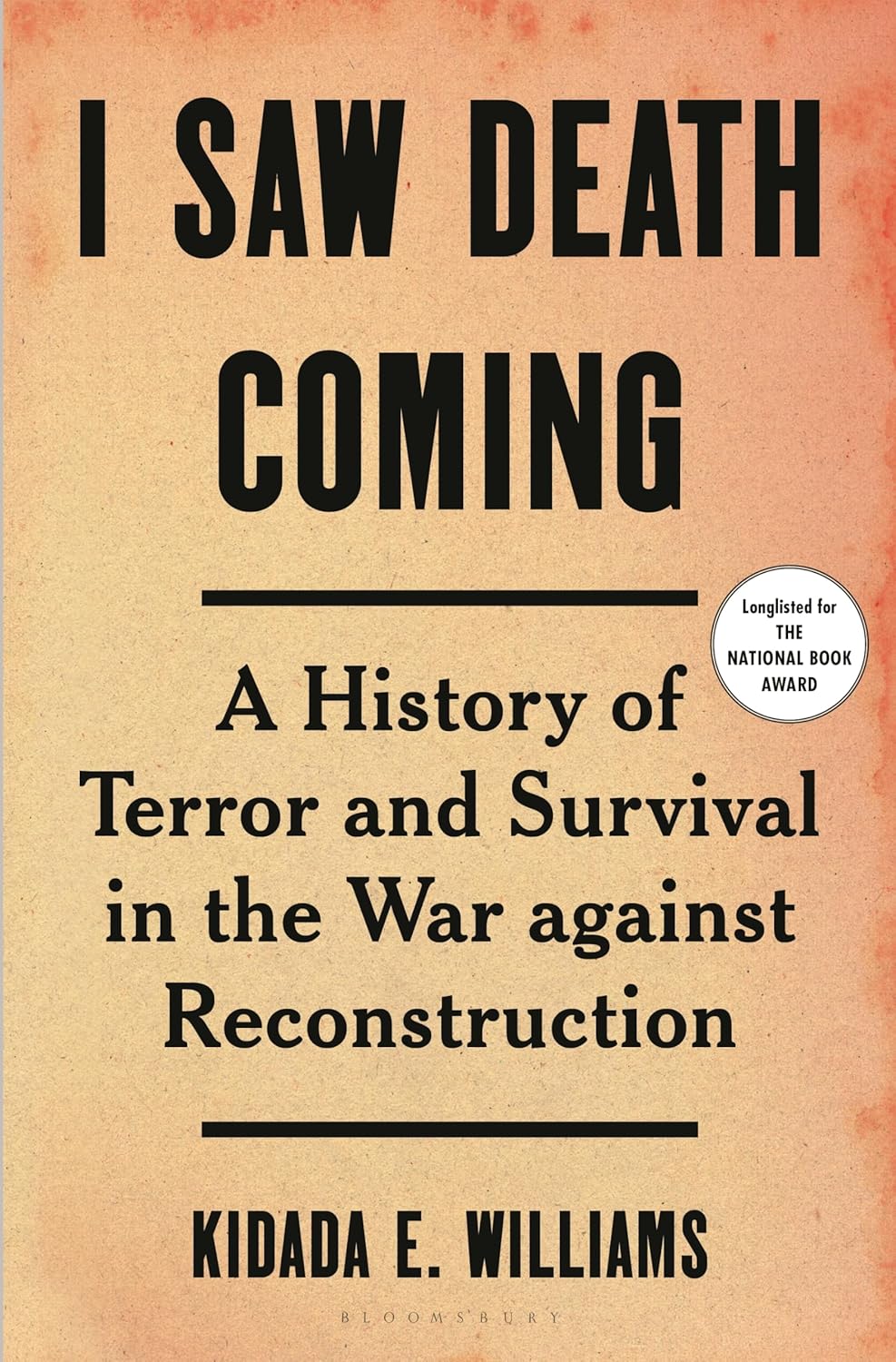
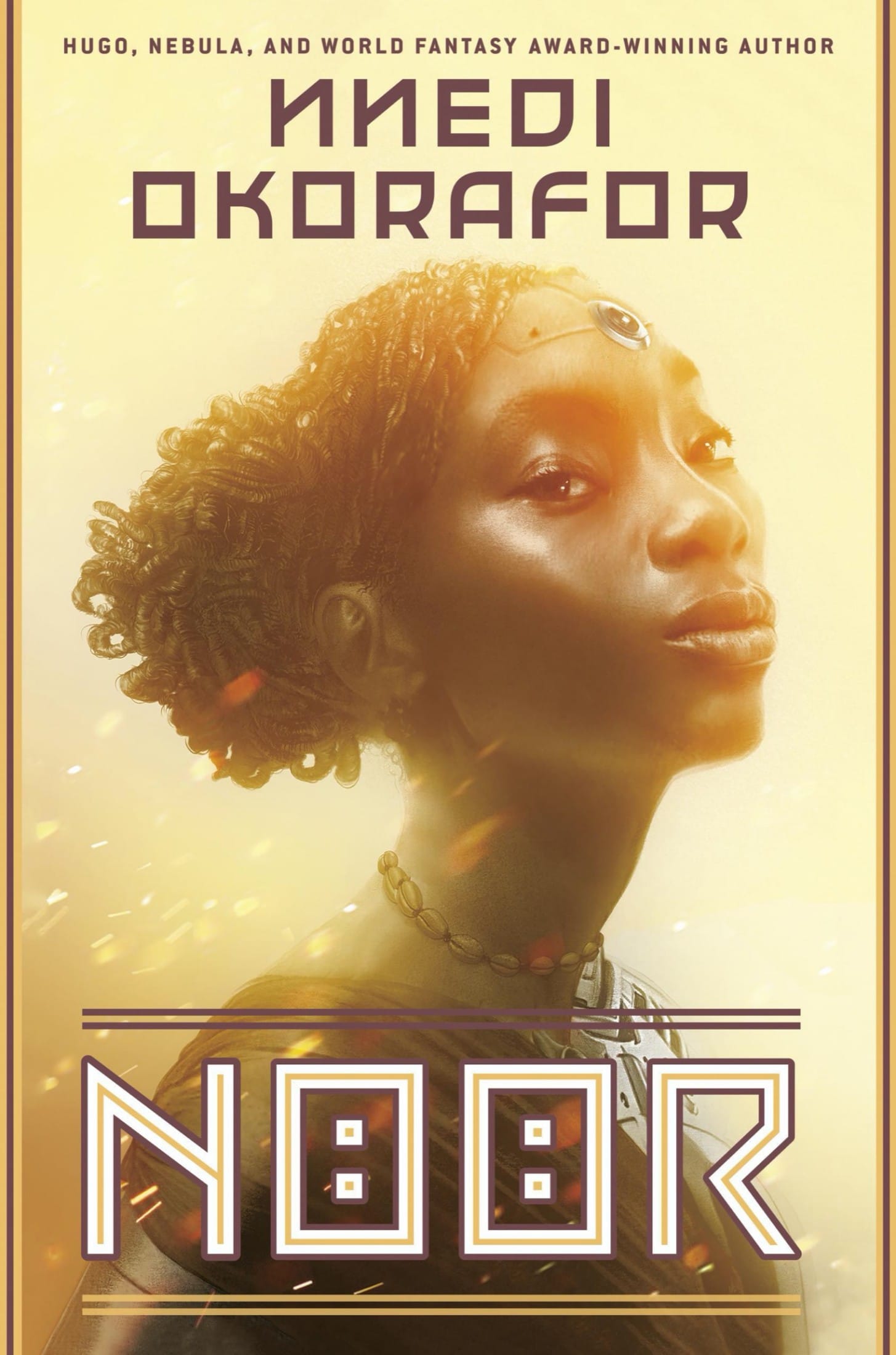
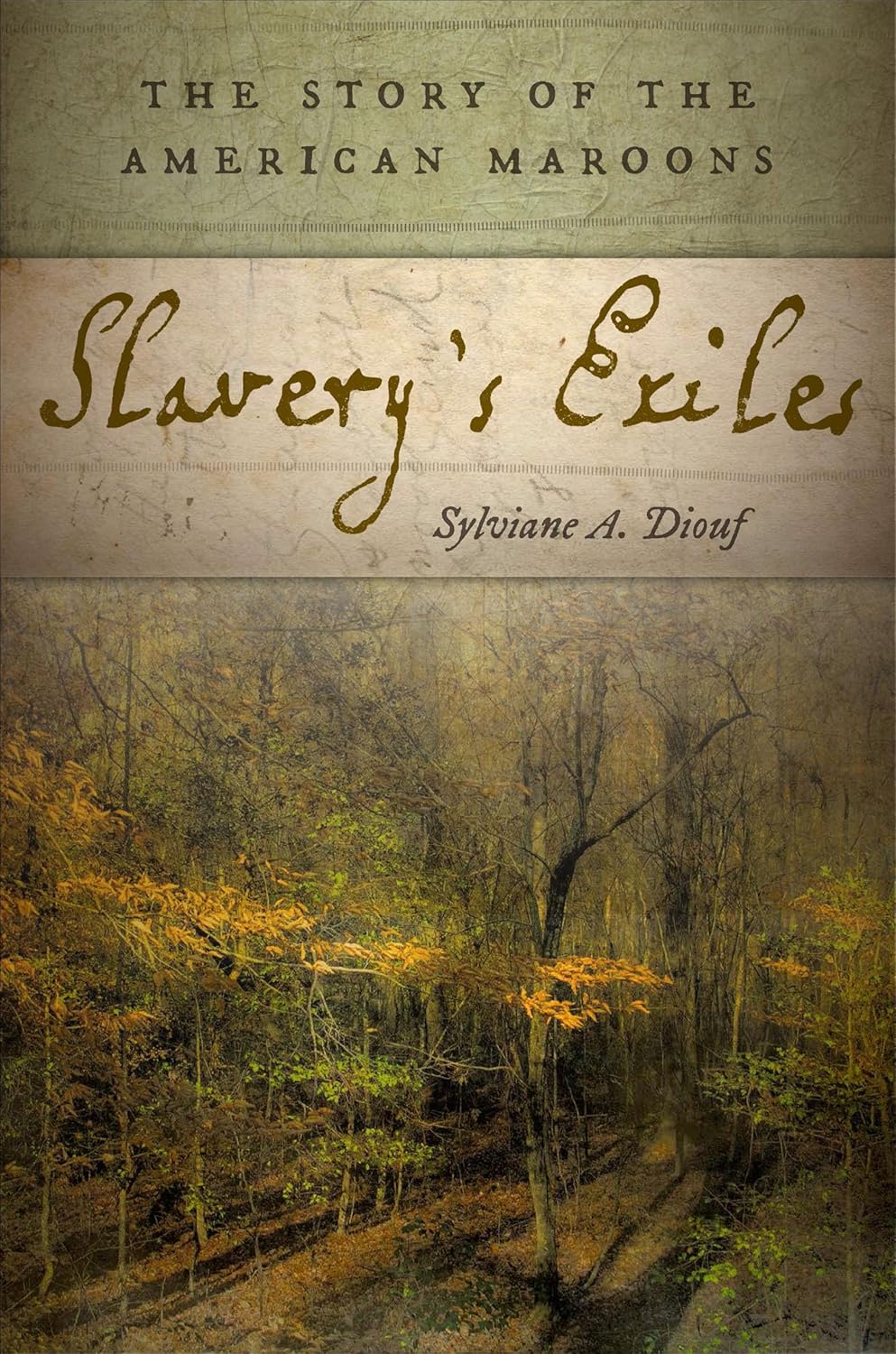
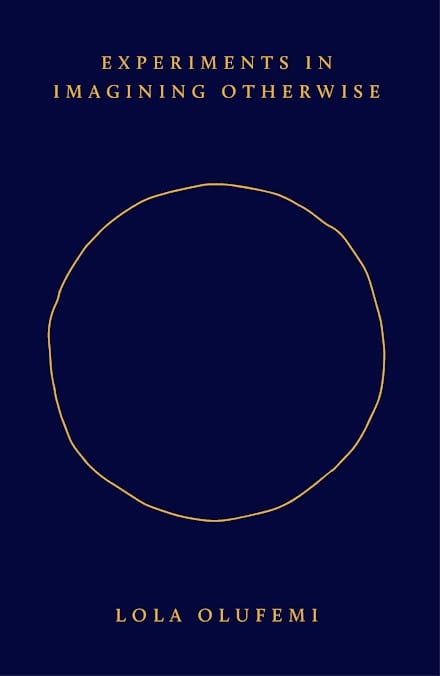
Upper row: I saw Death Coming: A History of Terror and Survival in the War against Reconstruction (2023) a book by Kidada E. Williams, published by Bloomsbury Publishing. Noor (2021) a book by Nnedi Okorafor, published by DAW Books, an imprint of Astra Publishing House. Lower row: Slavery's Exiles: The Story of the American Maroons (2014) a book by Sylviane A. Diouf, published by NYU Press. Experiments in Imagining Otherwise (2021) a book by Lola Olufemi, published by Hajar Press.
Thank you for reading.
notes
Kidada E. Williams, I Saw Death Coming: A History of Terror and Survival in the War against Reconstruction (Bloomsbury Publishing, 2023, Kindle Edition), 39.↩︎
Williams, I Saw Death Coming, 42↩︎
Williams, I Saw Death Coming, 55↩︎
Williams, I Saw Death Coming, 214↩︎
Lola Olufemi, Experiments in Imagining Otherwise (Hajar Press, 2021), 34↩︎
Lola Olufemi, Experiments in Imagining Otherwise, 37↩︎


